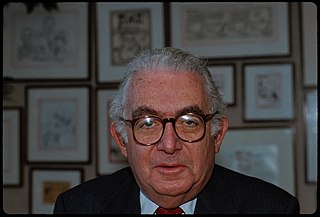A Quote by Mel Gibson
There are messages about civilisations and we are trying to be true to history as much as possible. We wanted all this to gel with some good theory about why these civilisations went down, why they weakened and crumbled. Because they did, they vanished.
Related Quotes
When I was trying to figure out why lives have improved so much in the last 300 years, where we've gone from a third of kids dying before 5 to - by 1990 it was down to 10% - now it's down to 5%. And saying why, over all history, there were smart people, but that number didn't change. Average life span didn't change. What's magical about what's been deemed the Industrial Revolution? It's really energy intensity.
So many times, I will have people tell me what I did when I was younger. There's so much being written [about] the early Beatles period, and even pre-Beatles period. And people will say, "Oh, he did that because that, and that happened because of that." And I'll be reading and think, "Well, that didn't happen" and, "That's not why I did that." Like anyone's history, you remember what went down better than people who weren't there.
I spent most of my teen years trying to figure out the rules of life, theories for why things happened, why people behaved as they did, and mostly I came to the conclusion that either there were no rules, or the rules sucked. Reading science fiction wasn't about imagining myself into some more exciting life filled with adventure, it was about finding a world where things worked the way I wanted them to.
If you're a history buff, you know about J. Edgar Hoover. He was likely the most powerful man in the US. If you start reading about him, the books contradict each other constantly. I was often left with very little sense of the man personally. I had a sense of what he did and didn't do and what people disagreed about whether he did this or didn't do this or that, but I was like, "Why? Why was he doing all of this?" That was my big question.
Some people think it's psuedo-science, but it's called morphic resonance. It's when someone thinks of an idea, it makes it easier for someone else to think of the idea. That's why you should do crossword puzzles later in the day, because other people have thought about the answers. That's why you hear about people coming up with inventions almost at the same time, because someone else is thinking about it. That's why whenever I have a really good idea, I'm always worried about theft.
Scientists are educated from a very early time and a very early age to believe that the greater scientist is the scientist who makes discoveries or theories that apply to the greatest ambit of things in the world. And if you've only made a very good theory about snails, or a very good theory about some planets but not about the universe as a whole, or about all the history of humankind, then you have in some sense accepted a lower position in the hierarchy of the fame of science as it's taught to you as a young student.




































